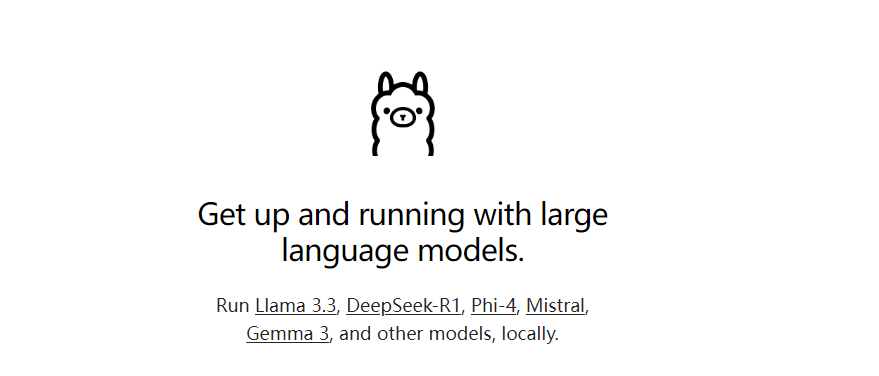Ollama
This guide explains how to install, update, configure, and uninstall Ollama on NVIDIA Jetson Orin devices. Ollama supports running large language model (LLM) inference locally with CUDA acceleration and is optimized for Jetson hardware.
1. Overview
- Fast local inference
- CUDA acceleration support
- Model version management
- Simple command-line tool with optional WebUI
This document covers:
- Installation via script or Docker
- Running models
- Version updates
- Optional remote access configuration
- Complete uninstallation methods

2. System Requirements
Hardware Requirements
| Component | Minimum Requirement |
|---|---|
| Device | Jetson Orin Nano / NX / AGX |
| RAM | ≥ 8GB for small/medium models |
| Storage | ≥ 10GB for models and cache |
Software Requirements
- Ubuntu 20.04 or 22.04 (JetPack-based)
- JetPack 5.1.1+ (pre-installed with CUDA, cuDNN, TensorRT)
- Python 3.8+ (optional)
- Docker (optional, for containerized mode)
3. Installing Ollama
Method A: Script Installation (Recommended)
Run the official installation script:
curl -fsSL https://ollama.com/install.sh | sh
- Installs CLI binary and background service
- CUDA support is enabled by default on Jetson
Method B: Docker-Based Installation (Optional)
sudo docker run --runtime nvidia --rm --network=host \
-v ~/ollama:/ollama \
-e OLLAMA_MODELS=/ollama \
dustynv/ollama:r36.4.0
🧩 Maintained by the Jetson community (dustynv) and optimized for JetPack environments
4. Basic Usage
Common Commands
ollama serve # Start Ollama background service
ollama run # Run a model
ollama pull # Pull a model from the repository
ollama list # List installed models
ollama show # Show model information
ollama rm # Remove a model
ollama help # View command help
Check Version
ollama -v
# Example: ollama version 0.5.7
Start Service (if not auto-started)
ollama serve &
5. Optional: Enable Remote Access
To allow external devices to access the Ollama service:
-
Edit the systemd service file:
sudo nano /etc/systemd/system/ollama.service -
Add the following under the
[Service]section:Environment="OLLAMA_HOST=0.0.0.0"
Environment="OLLAMA_ORIGINS=*" -
Reload and restart the service:
sudo systemctl daemon-reload
sudo systemctl restart ollama
6. Running Models
Use the ollama run command to start model inference:
ollama run deepseek-r1:7b
- More models available at: https://ollama.com/search
- First run downloads the model; subsequent runs use local cache
7. Updating Ollama
Update to the latest version:
curl -fsSL https://ollama.com/install.sh | sh
Optional: Install a Specific Version
Specify the version to install:
curl -fsSL https://ollama.com/install.sh | OLLAMA_VERSION=0.1.32 sh
8. Uninstalling Ollama
Remove Service
sudo systemctl stop ollama
sudo systemctl disable ollama
sudo rm /etc/systemd/system/ollama.service
Delete Executable
sudo rm $(which ollama)
(Ollama is typically installed in /usr/local/bin, /usr/bin, or /bin)
Delete Model Files and User Account
sudo rm -r /usr/share/ollama
sudo userdel ollama
sudo groupdel ollama
9. Troubleshooting
| Issue | Solution |
|---|---|
| Port 11434 unresponsive | Restart ollama serve or reload systemd |
| Installation failed | Ensure curl is installed and connected; retry with sudo |
| Unable to uninstall | Use which ollama to locate and delete |
| Out of Memory (OOM) | Try smaller models (e.g., 1.5b, 7b) or add swap space |
10. Appendix
Path Reference
| Purpose | Path |
|---|---|
| Ollama executable | /usr/local/bin/ollama |
| Model cache | ~/ollama/ or /usr/share/ollama |
| Service configuration | /etc/systemd/system/ollama.service |